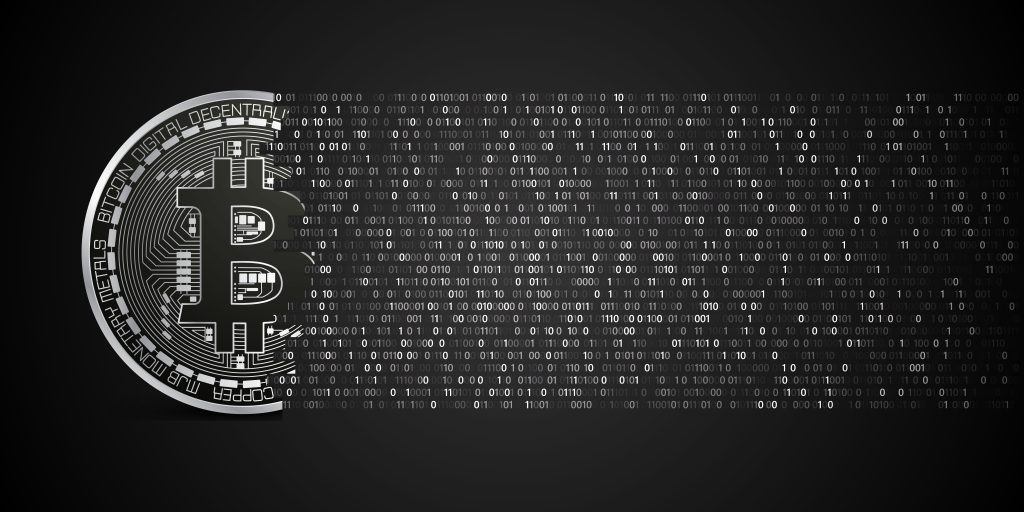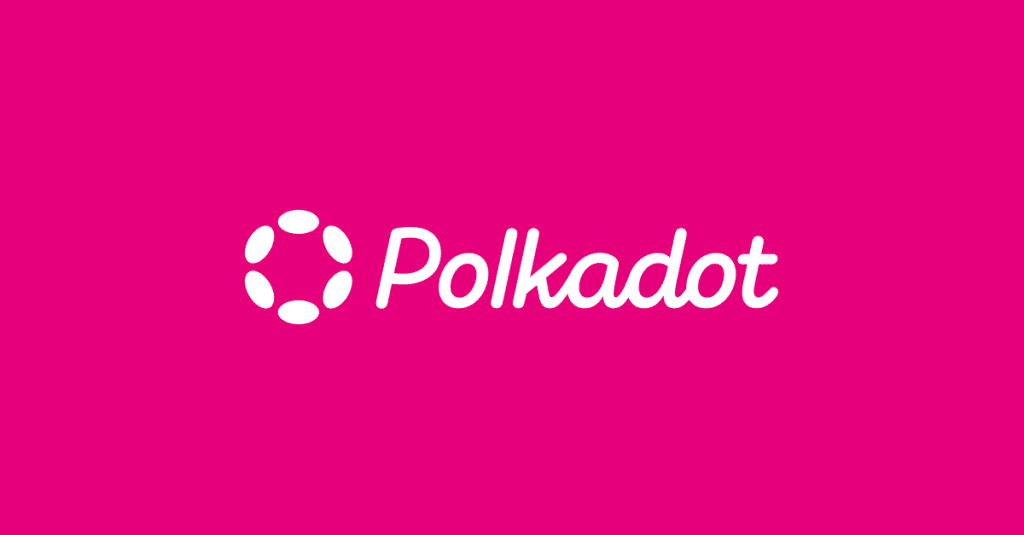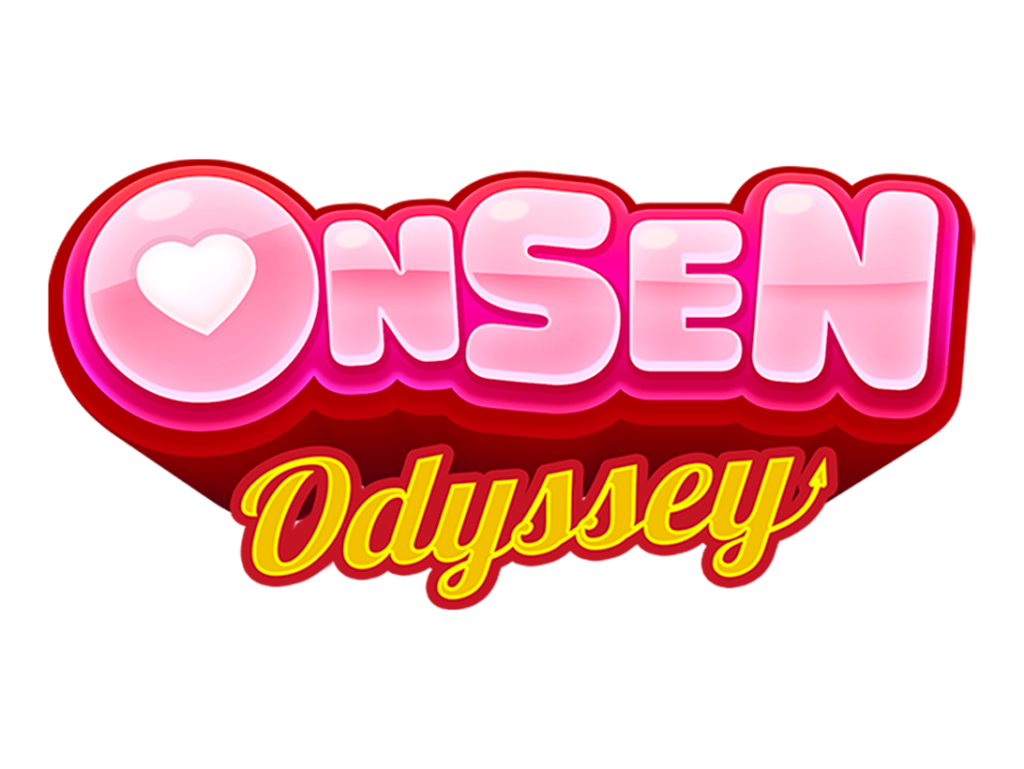The transformative wave of blockchain technology has moved far beyond its nascent stage. Gone are the days when blockchain was a buzzword synonymous only with cryptocurrencies. Today, it’s a technological cornerstone vital to a multitude of sectors, including finance, healthcare, and supply chain management, just to name a few. The real challenge now is selecting the right blockchain network, a decision that has far-reaching implications for businesses and individual users alike. In this article we will delve into the most Popular Blockchain Networks.
The quest to choose a suitable blockchain network isn’t a trivial matter. Picking the right one can open up avenues for scalability, lower transaction fees, and robust community support. These advantages empower businesses to meet specific objectives and fuel growth in this burgeoning tech arena.
Navigating the Blockchain Landscape: Why Network Choice Matters
Navigating the blockchain landscape can be daunting, but the stakes are too high to settle for less. The right blockchain network can serve as the linchpin for business efficiency, underlining its fundamental importance. For instance, scalability can make or break a blockchain project, determining how well it can handle a large number of transactions.
Similarly, transaction fees are a make-or-break factor, especially for smaller businesses or individual traders. A network with lower fees means a healthier bottom line. Lastly, never underestimate the power of a strong community. Active developer engagement and robust community support can be a game-changer, providing valuable insights and quick troubleshooting.
The Top 5 Blockchain Networks You Can’t Ignore
The digital frontier of blockchain technology is teeming with options, but not all networks are created equal. Our ranking criteria are based on adoption rate, unique features, and the overall impact on the industry. So, let’s delve into the networks that are shaping the future of decentralized technology.
1. Ethereum: The Developer’s Paradise


Ethereum is the darling of blockchain developers and for good reason. Its smart contract functionality offers a level of customization and flexibility that is unmatched. In essence, it’s a fertile ground for innovation and experimentation.
Moreover, Ethereum’s ecosystem is a hotbed for decentralized applications (dApps), contributing significantly to the blockchain industry’s growth. With a rich community of developers and myriad of project launches, Ethereum is truly a developer’s haven.
2. Bitcoin: The Pioneer of Digital Currency


Bitcoin needs no introduction. It’s the pioneering force behind digital currency and the inception of blockchain technology. Its underlying architecture has laid the foundation for the plethora of cryptocurrencies we see today.
Despite the emergence of competitors, Bitcoin maintains its unique selling points such as robust security and brand recognition. It continues to set the tone for the industry, steering the course of digital finance.
3. Binance Smart Chain: The New Kid on the Blockchain


Binance Smart Chain is fast gaining traction for its low transaction costs and high-speed execution. Within a short span, it has attracted a multitude of projects and users, making it a force to be reckoned with.
One of its striking features is compatibility with the Ethereum Virtual Machine (EVM), making it easier for developers to transition projects. With a high-performance infrastructure and favorable economics, Binance Smart Chain is a formidable player in the blockchain arena.
4. Cardano: A Scientific Approach to Blockchain


Cardano sets itself apart with its research-driven approach, making strides in creating a blockchain network that is both efficient and secure. Its layered architecture offers more than just a digital currency; it’s a complete ecosystem for decentralized applications.
Furthermore, Cardano is working on groundbreaking projects that could revolutionize data storage and identity verification. It’s not just a network; it’s a comprehensive solution to some of blockchain’s most challenging problems.
5. Polkadot: The Network of Networks


Polkadot emerges as a frontrunner when it comes to enabling different blockchains to communicate with each other. With its vision of a decentralized web, it aims to create an internet where independent blockchains can exchange information and transactions freely.
By fostering interoperability, Polkadot sets the stage for a more connected and inclusive blockchain industry. Its potential is immense, and it’s only a matter of time before Polkadot becomes the backbone of a truly decentralized web.
The Bottom Line
Selecting one of the most popular blockchain network is a decision that can shape your business’s future. Whether you’re a developer, a small business owner, or an individual user, your choice will have a direct impact on your goals and the broader landscape of this fast-growing technology.
So, weigh your options carefully, and align them with your specific needs. Each of the networks discussed here offers a unique blend of features and benefits that can catapult your project into the blockchain stratosphere. Take the plunge and leverage these powerful tools to realize your blockchain ambitions.









